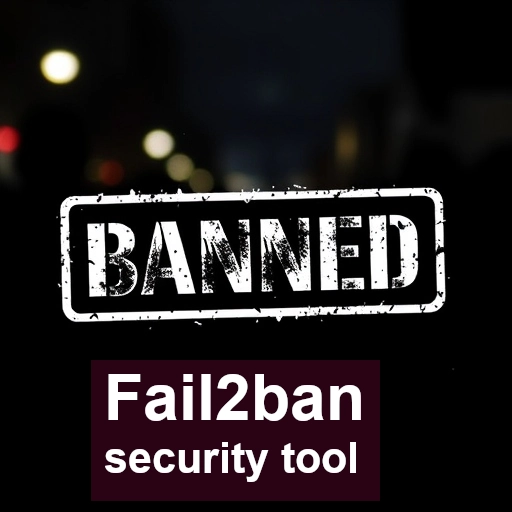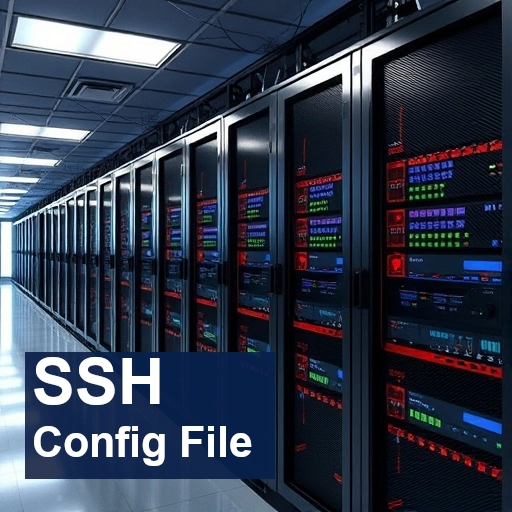In today's fast-paced digital world, efficiency is key. Whether you’re typing emails, writing reports, or coding, you often find yourself typing the same phrases, sentences, or even entire blocks of text repeatedly. This repetitive task can slow you down and distract you from more important work. Luckily, there’s a tool…
An Introduction to Firejail: A Powerful Security Tool for Linux
Firejail is a powerful and flexible Linux security tool designed to sandbox applications and reduce the risk of security vulnerabilities, isolation breaches, and system-wide compromises. It works by leveraging Linux namespaces, seccomp-bpf, and other security mechanisms to isolate applications within a confined environment, thereby minimizing the impact of potential exploits. The tool is lightweight, easy to use, and does not require significant changes to the system or applications.
Dockge: Simplifying Docker stack management
Dockge is a powerful yet user-friendly tool for managing Docker Compose files on Linux systems. Featuring a sleek and intuitive web interface, it simplifies the management of Docker Compose stacks by allowing you to easily perform tasks such as creating, editing, starting, stopping, restarting, deleting, and updating your stacks—all from one place. Whether you're a beginner or an experienced user, Dockge makes Docker Compose management effortless and efficient.
Failtoban: A Comprehensive Overview
Failtoban is a security tool designed primarily to prevent unauthorized access to servers by detecting and blocking IP addresses that make repeated unsuccessful login attempts. These login failures often indicate brute-force attacks, where attackers try various password combinations to gain unauthorized access to an account. Failtoban enhances server security by analyzing log files for patterns of failed login attempts and then blacklisting the IP addresses responsible.
Network Scanning with arp-scan and Netdiscover
Network scanning is a fundamental task for system administrators, network engineers, and security professionals. By scanning a network, one can discover devices connected to it, identify vulnerabilities, and monitor the overall health of the network. Two widely used tools for network discovery and reconnaissance are arp-scan and Netdiscover. Both tools utilize ARP (Address Resolution Protocol) to map out the devices within a network, but they have different features and approaches. This article will explore both tools, their functionalities, and how to use them for network scanning.
Pi-hole: The Ultimate Ad Blocker for Your Network
Pi-hole is a free, open-source software that acts as a DNS sinkhole. It effectively prevents devices on your network from reaching known ad servers by rerouting requests to an internal server instead of the actual destination. Originally designed to run on a Raspberry Pi single-board computer, Pi-hole can now be installed on a variety of platforms, including virtual machines, Docker, and even cloud servers
Filebrowser: A Self-Hosted File Sharing server
Filebrowser is a web-based file management system designed to allow users to browse, upload, and manage their files through an intuitive interface. It is often used as a self-hosted application that can provide a simple solution for organizing and accessing files on servers or personal cloud systems.
Understanding iptables: A Comprehensive Guide
iptables is a user-space utility that allows administrators to configure the firewall rules of the Linux kernel’s packet filtering system. The utility interacts with the netfilter framework, which is the underlying Linux kernel module responsible for packet filtering, network address translation (NAT), and packet mangling.
Understanding Linux IPC: Inter-Process Communication in Linux Systems
IPC stands for Inter-Process Communication, which refers to the methods and mechanisms that allow processes to communicate with each other. In a modern operating system like Linux, processes often need to share data, synchronize activities, or exchange messages to complete their tasks. IPC provides the infrastructure for this interaction.
Understanding the SSH Config File: Key Parameters and Options for Efficient Host Configuration
The SSH config file (~/.ssh/config) allows users to define preferences and settings for different SSH connections, streamlining remote access and improving overall security and convenience. By specifying various configuration options for individual hosts, users can avoid repeatedly entering lengthy commands or parameters every time they connect to remote systems.







